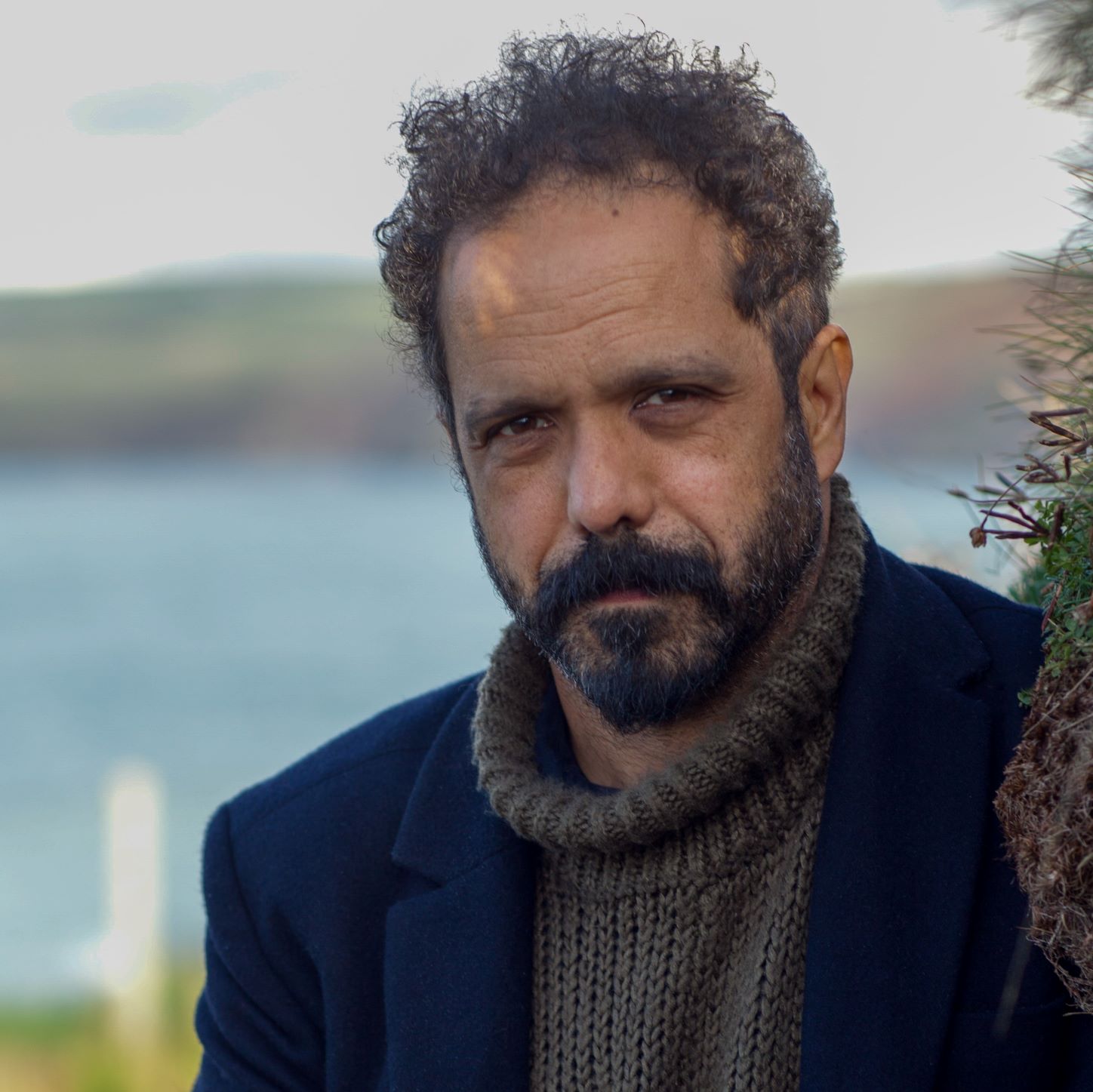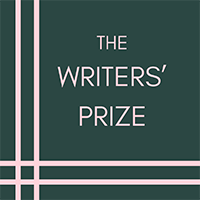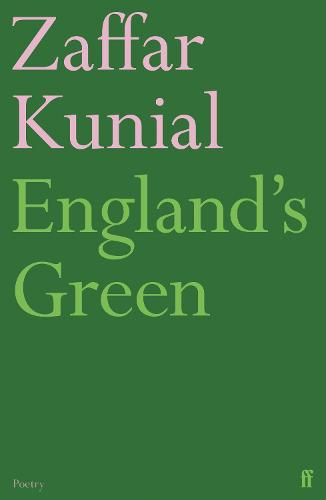England’s Green
Zaffar Kunial
The Judges said:
England’s Green impresses us by making us look again at everything – at England, paying close attention to the landscape of what makes us who we are. He makes the old new and the new old, taking apart our selves and putting us back together again.
—
Zaffar Kunial is a proven master of taking things apart, polishing the fugitive parts of single words, of a sound, a colour, the name of a flower, and putting them back together so that we see them in an entirely different light. In the poems of England’s Green, we are invited to look at the place and the language we think we know, and we are made to think again. With everything so newly set, we are alert, as the poet is, to the ‘dark missing / step in a stair’, entering this new world with bated breath.
Published by Faber & Faber
Zaffar Kunial lives in Hebden Bridge, West Yorkshire, and was born in Birmingham. His debut collection, Us, was shortlisted for a number of prizes. He was a 2022 recipient of the Yale University Windham-Campbell Prize. England’s Green is his second book; it was also shortlisted for the T. S. Eliot Prize.
A Brief Q & A with Zaffar Kunial
At what age did you know you wanted to become a writer?
Not sure really, and I wasn’t a bookish child, but the first proper novel I read, when I was nineteen, Hanif Kureishi’s The Buddha of Suburbia, made me feel it might be possible to have the thrill of self-recognition in books and gave me an image of a writer I could see a bit of myself in.
What was your favourite childhood book?
Looking back, I’ll say Maurice Sendak’s Where the Wild Things Are. It seemed to leave a real imprint. The words and pictures are so easily recalled. They roared their terrible roars and gnashed their terrible teeth. I love how the book stays in, at home, but really goes out too.
Which is your favourite book of recent years?
I was really excited by Gwendolyn Brooks’ Maud Martha – how so much was painted in so few words and with so much left out.
What three books would you take to your Desert Island?
A bit obvious but I would take a book of Shakespeare’s complete works. And I would magic up a lost copy of my mum’s 1960s edition of Iris Murdoch’s The Bell. It had her under-linings in it, and I know she once liked it and I’d think of her as I read it. And then my tatty, coverless copy of Total I Ching (trans. Stephen Karcher) – which I use superstitiously and lazily by opening a page at random, when I can’t decide on things, which is a lot.
What is your ‘if you don’t like this, you can’t be my friend’ book?
I would never say that to a friend (or potential friend).
Who or what have been your most important influences?
My parents. In very different ways, my mother who read a lot of literature and then stopped before she had me, and my father who couldn’t read English at all when he arrived here and wrote in capital letters (e.g. on betting slips and the occasional card, FROM DAD, where he let the other words do the talking).
Which of the other Rathbones Folio Prize shortlisted titles are you most excited to read?
I’ve already bought and read the poetry books. And of the ten others, I could choose many, but maybe Margo Jefferson – I’ve loved what I’ve read by Margo before and her title draws me in, too (Constructing a Nervous System).
If you weren’t a writer, what would you be doing?
Really not sure. Maybe a family history researcher as I love it when the past comes alive, and I find all family stories intriguing.


